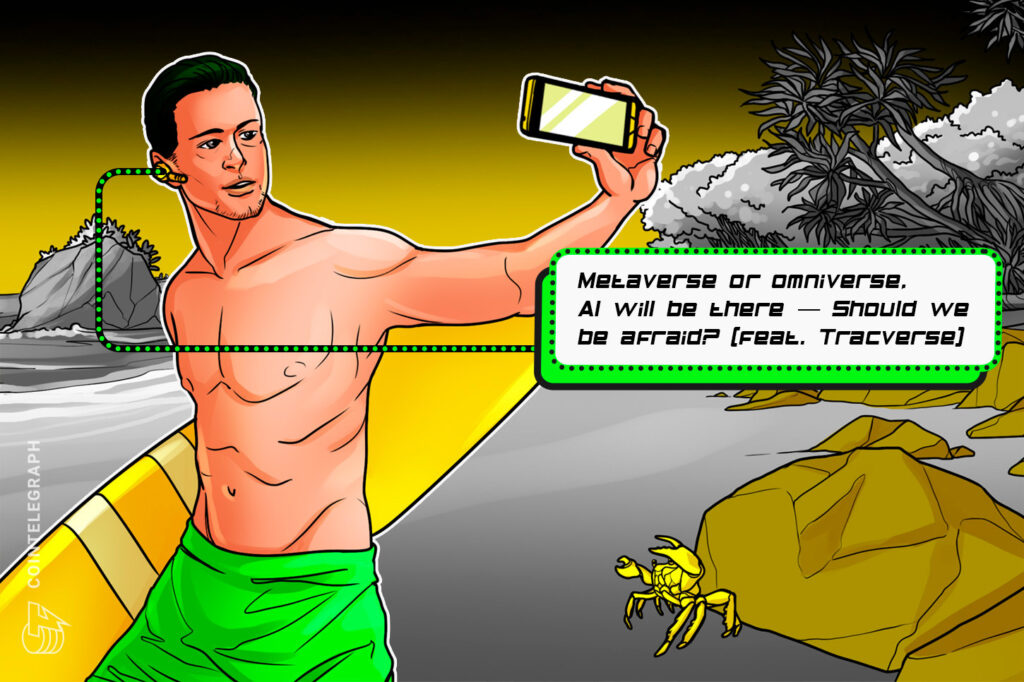30s Summary
Amos Thomas, founder of Tracverse, believes human stories and knowledge should be secured on a blockchain, especially as artificial intelligence advances. In a recent podcast interview, he explained that Tracverse provides a community where humans can safely share and trace their stories. With the blockchain’s help, anything shared online can be traced back to the creator. Moreover, by turning the data into an NFT, Tracverse ensures the creator’s digital rights. Despite believing in AI’s potential to open up new creative opportunities, Thomas feels that it’s essential to establish a system beneficial to both humans and AI.
Full Article
According to Amos Thomas, the founder of Tracverse, our stories and personal knowledge are super important especially in today’s age when artificial intelligence (AI) is growing. He says, AI, like things that can write stuff or make art on their own, have been around for about two years. Some people aren’t happy with them because they think these AI are learning from human creativity without giving credit or paying us for it.
So what’s the answer to this problem? Thomas suggests we secure our stories and knowledge on something called a blockchain. Imagine this as a super safe organizer for all your data. He explained all this stuff during his interview on a podcast called The Agenda.
He describes Tracverse as a kind of community where people can share and keep track of their stories. It’s all about recognizing the power stories have on us humans. The main goal of Tracverse is to collect and protect these stories with the help of blockchain. This ensures that whatever you share online can be traced back to you and kept safe.
For example, if you wrote a blog post, you can use Tracverse to upload and protect every part of it, from the images to the text. It’s all stored on the blockchain and then Tracverse turns it into an NFT (a kind of digital asset) on the blockchain you choose.
As it turns out, some of the best AI out there learn and improve from the creations of humans. This has resulted in quite a few lawsuits from creators accusing AI of stealing their work. Thomas himself argued that when an AI takes something he was paid to create and replicates it without paying him, it’s essentially stealing and devaluing his work.
Even though Thomas is firm on protecting us humans from AI, he doesn’t believe AI can ever replace human creativity. Instead, he thinks AI is only opening up more opportunities for people to try their hand at creative stuff and compete in industries that were previously restricted.
Once anyone can create a full-length movie with just a prompt, “that’s when the real change happens,” Thomas said. He went on to say that organizing content and making it findable and verifiable would be important then. He also admitted that as much as AI needs us now, there might come a time when we humans might become irrelevant. But until then, he feels it’s important to work out a system where both can benefit.
For more of this conversation, you can go ahead and listen to the complete episode on the podcast’s page, Apple Podcasts, or Spotify.

